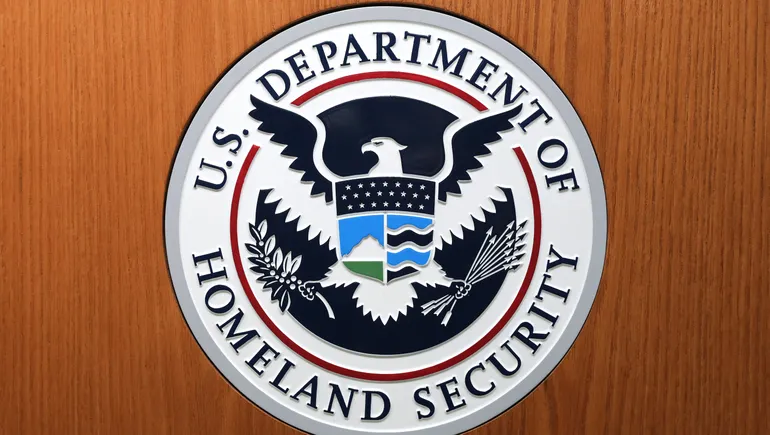Managers are the “keystones of organizational success,” but the leadership they provide is in danger, according to a Sept. 26 report from workforce data analytics platform meQuilibrium.
Compared to non-managers, managers are 36% more likely to say they’re feeling burned out and 24% more likely to consider quitting their job in the next six months, meQ’s data found — so organizations must prioritize manager well-being, meQ emphasized.
Managers walk a tightrope between balancing the needs of their team members with meeting organizational goals, often under pressure and with limited resources, the report explained.
“Despite – or perhaps due to – their pivotal role in workforce well-being and performance, manager well-being has taken a relatively large hit than that of individuals since the pandemic,” meQ wrote.
The four best practices researchers recommended include:
- Prioritize manager self-care, such as mandatory “disconnect” policies;
- Provide easy access to acute mental health resources;
- Create an environment where discussing mental health is destigmatized and modeled at the most senior levels; and
- Promote physical wellness, which is inextricably linked to mental well-being.
The report also outlined the key characteristics of good managers vs. bad managers.
For example, strong managers boost psychological safety – where employees feel comfortable taking risks and sharing ideas — by as much as 42%, according to meQ’s data.
Strong managers also “provide the frontline defense against workplace incivility and positively influence productivity, engagement, and workforce well-being,” meQ stated in a press release.
On the other hand, “poor management can lead to decreased employee motivation, higher turnover rates, and diminished mental well-being” among team members, meQ said.
Evidence across the board that managers are struggling
A September report from Top Workplaces confirmed that managers – facing increased pressure from juggling workloads and managing larger teams – are struggling.
For instance, managers handling a team of 10 could be responsible for scheduling 260 meetings per year if expected to hold two one-on-one meetings per employee per month and two career discussion per year, according to the report.
Given these stressors, it’s no surprise a June report from Perceptyx found that well-being among managers is “dangerously low.”
Squeezed between the needs of direct reports and demands from senior leaders, managers consistently scored lower than executives or individual contributors on work-life balance, reasonable workload and manageable stress levels, Perceptyx found.
Also of concern, manager stress – especially with untrained first-time managers – is filtering down to their direct reports, research released last year from a leadership solutions company showed.
About 40% of U.S. workers feel “stress or anxiety about going to work” because they have a first-time manager who seems unprepared to take on a leadership role, according to the company’s report.
The best managers were rated twice as favorably as new managers for reducing conflict, running productive meetings and making decisions, the research found.






Leave a Reply